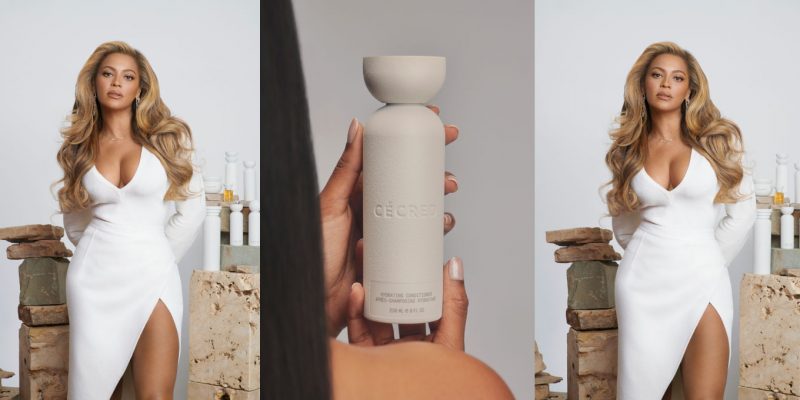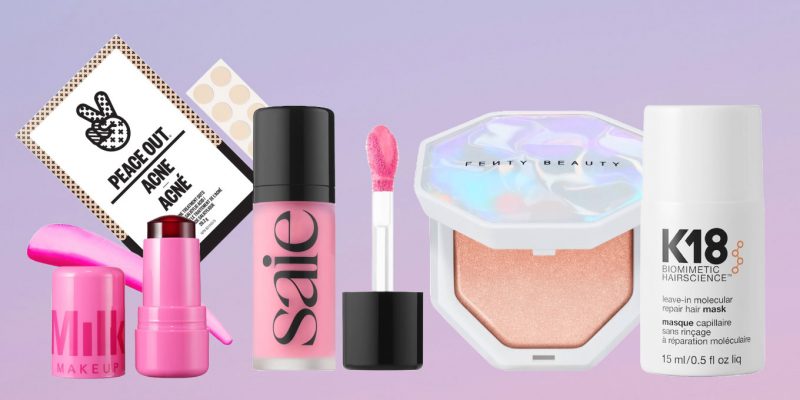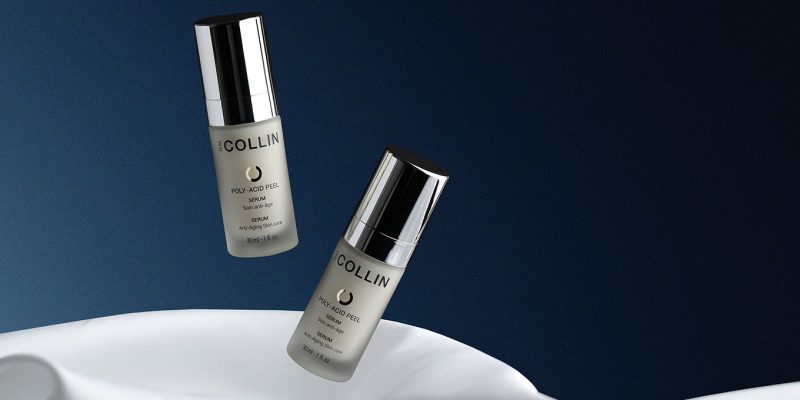Fragrance
How Mixologists and Perfumers Alike are Learning to Trust Their Nose
The world's top perfumers and mixologists explore the border between scent and spirits
by : Nathalie Atkinson- Dec 10th, 2020
Clarens Pruyner
Do you prefer to sip a negroni or spritz one on?
“Why not both?” was the emphatic answer at Éditions de Parfums Frédéric Malle’s perfume summit in Paris this past September, when the brand’s dream team of master perfumers assembled for a fireside chat.
Jean-Claude Ellena explained that his Bigarade Concentrée is based on a bitter and the smell of “Schweppes when you open it.” This prompted Pierre Bourdon to amiably suggest that Ellena would probably enjoy a garibaldi, the classic Italian aperitivo that combines orange juice and Campari. During the loose conversation, Malle chimed in to point out that Sophia Grojsman’s original reference for the Outrageous fragrance was also a cocktail: the Brazilian caipirinha.
It may simply have been that the cinq-à-sept was approaching, but the way the conversation of these powerhouse perfumers moved so easily between scent and mixed drinks—likening herbal astringency in one to the effect of accords in the other—seemed to reveal the recent intersections of perfume and cocktail culture.
Olfactory cues are so tied to our perception (and enjoyment) of taste that scent creators and spirits enthusiasts use a common vocabulary. Sensory chemist Ann Noble’s aroma-wheel concept, for example, standardized the discourse and terminology around wine tasting. But increasingly, the perfume and cocktail cultures are cross-pollinating ideas—and even techniques. The now legendary bacon-infused Benton’s Old Fashioned at the New York speakeasy PDT that kick-started a trend? It was invented using enfleurage, or fat-washing—a 19th-century perfume technique in which alcohol (in this case, bourbon) draws out the fragrant molecules captured in fat. Not only do spirits and perfume have similar distillation and infusion processes but their creativity relies as much on high-quality raw materials as on technological innovation in chemistry and extraction.
Seedlip founder Ben Branson speaks in terms of fragrance top and base notes when it comes to his approach to creating the world’s first non-alcoholic distilled spirits. Likewise, Olfactor-y, the perfume-themed craft-gin collection that sensory specialist Lizzie Ostrom (a.k.a. blogger Odette Toilette) developed with That Boutique-y Gin Company. Her tasting notes read like a fragrance-launch press kit; the rosemary and honey notes in Dead King, for example, are inspired by the sulphuric aromas of the ancient Egyptian embalming process, whereas the lineup’s Fresh Rain is more esoteric, like a perfume that attempts to conjure the idea of a certain smell more than the smell itself. In the case of Fresh Rain, the goal is petrichor—that elusive damp, cool and distinctly argillaceous way dry earth smells after it rains. (You’d be forgiven for assuming it to be a part of Maison Margiela’s sense-memory Replica range.)
By Kilian fragrances Angels’ Share and Roses on Ice
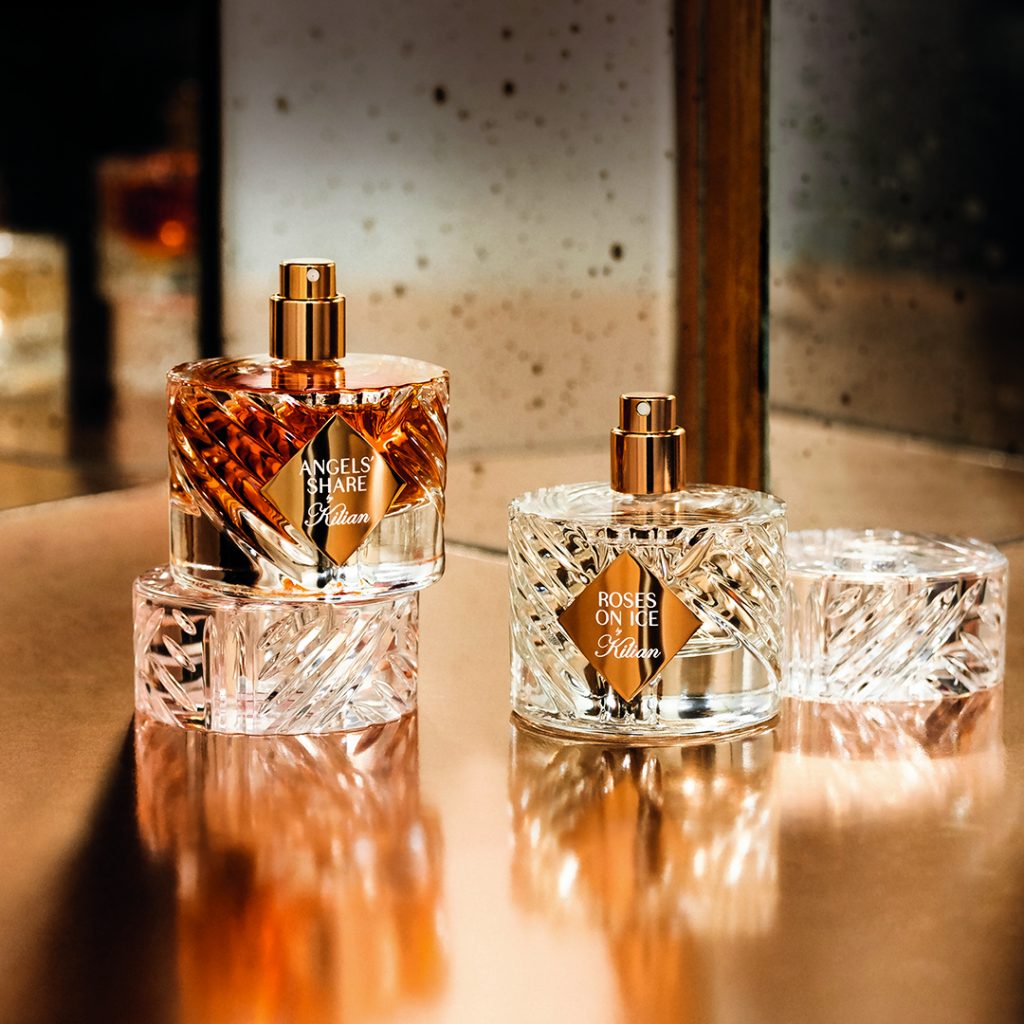 Clarens Pruyner
Clarens Pruyner$260 each, at holtrenfrew.com
All this is before the mixology comes in. Concoctions at the Ritz-Carlton Berlin’s Fragrances bar are (as its name suggests) directly inspired by notable perfumes. Guests are encouraged to choose from an array of fragrances, such as Jo Malone Pomegranate Noir or Shalimar by Guerlain, which are then translated into cocktails. Vaara by Penhaligon’s, for example, is interpreted with ingredients that include pear purée, saffron-infused Zacapa 23 rum, several tinctures and Bulleit bourbon.
Then there’s the creative influence in reverse. Atkinson’s 1799 Mint & Tonic and Penhaligon’s Juniper Sling are straight-up riffs on gin libations, just as Lubin’s citrusy 1955 Gin Fizz perfume emulated that era’s popular effervescent cocktail. Similarly, By Kilian’s latest fragrances, Roses on Ice and Angels’ Share (the poetic term for distilled spirits lost to evaporation), take inspiration, respectively, from gin on the rocks and fine cognac.
The Malle perfumers’ banter also brings to mind an extraordinary mixology set by couturier Jean Patou that was displayed at an exhibition about Jazz Age design a few years ago. The set is an elaborate trompe l’oeil in that its bottles contain scent, not spirits—a cheeky way to present a luxurious fragrance-layering kit for Patou’s 1930 perfume Cocktail at the height of Prohibition. Flacons labelled “Sweet,” “Dry” and “Bittersweet” (like vermouth, a building block of many classic cocktails) resemble liquor decanters, and a series of Angostura flasks house individual scent notes to add fragrant facets, mimicking how a dash of bitters can subtly alter the taste of a cocktail.
At the experimental Detroit bar Castalia, this thematic interplay between perfume and cocktails moves beyond parallels. The cocktails directly complement— rather than merely transpose—the accords in sister company Sfumato’s fragrances. When the scent-infused cocktail lounge opened in 2018, all of its cocktails were informed by scent ideas: “Base, middle and top notes, feeling the balance,” says co-owner Kevin Peterson. The former engineer is the nose at Sfumato by day; after dark, when the perfume boutique transforms into Castalia, he’s the resident cocktail scientist. “One of the big effects we exploit at the bar is that you’re taking in both scent molecules from your nose and scent molecules from the back of your throat,” he explains of the emphasis on powerful olfactive experiences. First, guests take a sip of their cocktail. Next, they take a whiff of its garnish—a blotter scented with a Sfumato selection—before taking another sip. “My approach to cocktails is that I optimize taste and scent as completely different categories,” he says. Castalia’s Lucidity cocktail (tequila, absinthe, sotol, sweet vermouth and grapefruit juice) pairs with Sfumato’s Survival Instinct, allowing the vetiver and cedar to heighten the experience of the drink’s anise notes. After all, flavour is taste plus scent, Peterson reminds me.
“A lot of innovative ideas come out of viewing a field through a new lens, whether it’s fairly adjacent or fairly distant,” he says of exploring the border between taste and scent. Whereas niche perfumer OK Fine collapses the distinction entirely: The brand ages its SGO Batch #501 Santal in gin-seasoned charred American-oak barrels, as a distiller might treat whisky. The result is such that you may accidentally find yourself reaching for a glass.
Read more:
Three Women Perfumers Who Are Doing Scent Their Way
Georgia Fowler Is The Face of Azzaro’s Wanted Girl
Newsletter
Join our mailing list for the latest and biggest in fashion trends, beauty, culture and celebrity.
Read Next

Fashion
Bella Hadid Glows in a Strapless Lace Dress With a Sheer Corseted Bodice
Hadid was also seen that same day promoting her new fragrance brand ‘Ôrebella.
by : Briannah Rivera- May 3rd, 2024
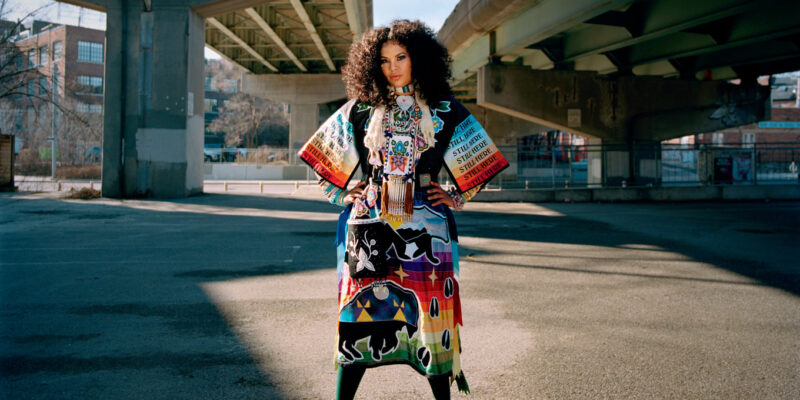
Fashion
This Year’s Indigenous Fashion Arts Festival Is Sure to Impress
"Creating an opportunity for us to work collectively—prioritizing language and tradition—is of the utmost importance. Our similarities are inspired and shaped by the legacies left to us by our ancestors.”
by : Kelly Boutsalis- May 3rd, 2024

Culture
Introducing 2024’s Most Innovative Products, Voted on By Canadians
*Adds to cart*
by : ELLE Canada- May 1st, 2024


